
In Taiwan Travelogue, ‘twinned souls… are at once lost, but also found, in translation.’ A review by Eunice Lim.
‘But later… we didn’t talk about love. We talk about the land and its people.’ – a short story by Kaushik Ranjan Bora, translated from the Assamese by Aruni Kashyap.
“Like the man who wears a vest saying negotiator in a hostage situation, I want one that says prioritizer.” Three poems by Satya Dash.
New year, new column. In this January’s instalment of ‘Felix: The Comics’, Felix Cheong (and his cats) introduces us to four graphic memoirs by women authors.
‘A vicarious glimpse [into]... Singapore’s artistic milieu from the millennial generation.’ – Melody Lee reviews Daryl Yam’s Be Your Own Bae.
Cheryl Narumi Naruse reviews how a city is produced and contested in Angelia Poon’s survey of Anglophone Singapore literature.
‘It was early January, and the snow had come down that day like an epiphany.’ – an essay by Max J. Nam.
‘The first clean air came quietly. Felt wrong, almost. Like walking into your house after a funeral.’ – A short story by Ian Mark Ganut.
Is the immovable “nation/of know” opposed to or running on an unstoppable force? Three poems by Ren Phung.
This Christmas season, Ng Yi-Sheng takes us to the Middle East.
This year, 25 writers and thinkers recommend their favourite reads from and about Asia.
“Blackouts bring us together.” Three poems on civil war by Maung Htike Aung.
Ashley Marilynne Wong reviews Ling Ling Huang’s Immaculate Conception.
Excerpt: Shyamasri Maji reviews Shilpi Suneja’s House of Caravans.
This November, Ng Yi-Sheng reviews five literary works that deal with the legacy of HIV.
‘A stub, a shard—discarded by most, but enough to begin again.’—an essay by Shumin Tan.
With these three poems, Abuyuan-Llanes shows us the tender passing of time – while “being too young”, while kissing men in clubs, while on highways.
‘I miss you until I can’t breathe sometimes. It’s nothing new.’–an essay by C. Zhang.
What is it that “no one wants to explain”? Three poems that echo around the world by Sabyasachi Roy.
Read the winners on a grandmother’s wok, a Sunday service, and an unrepentant clockmaker.
“[Doubt] contains within it a seed of desire, for one can only want what one does not immediately possess.” SUSPECT editor-in-chief Sharmini Aphrodite reviews Jonathan Chan’s bright sorrow.
What does love resolve? What does a story? A new story by Merilyn Chang.
Pawangs, babaylans, maa khii, and more—this October, Ng Yi-Sheng takes us through a whirlwind of Southeast Asian esoterica.
Eunice Lim reviews Vanishing Point: The Comic Book.
In these new poems by Ranudi Gunawardena, who’s really doing the eating – and who lives?
“[One] can almost taste the iron of blood in their throat.” Hannah Chia reviews the poetry collection Cold Thief Place by Esther Lin.
“He had, after all, come to this island on a whim. To cut wood down, resurrect it in something lifeless.”
‘This is a prayer in the direction of after.’—an essay by Raka Banerjee.
“I appreciate how SUSPECT champions underrepresented and indie voices by providing a vital space for emerging and established Asian artists. Their transboundary work centers on cultural dialogue and creative freedom, which deserves our robust and sustained support!"
—Alecia Neo, artist and contributor to SUSPECT


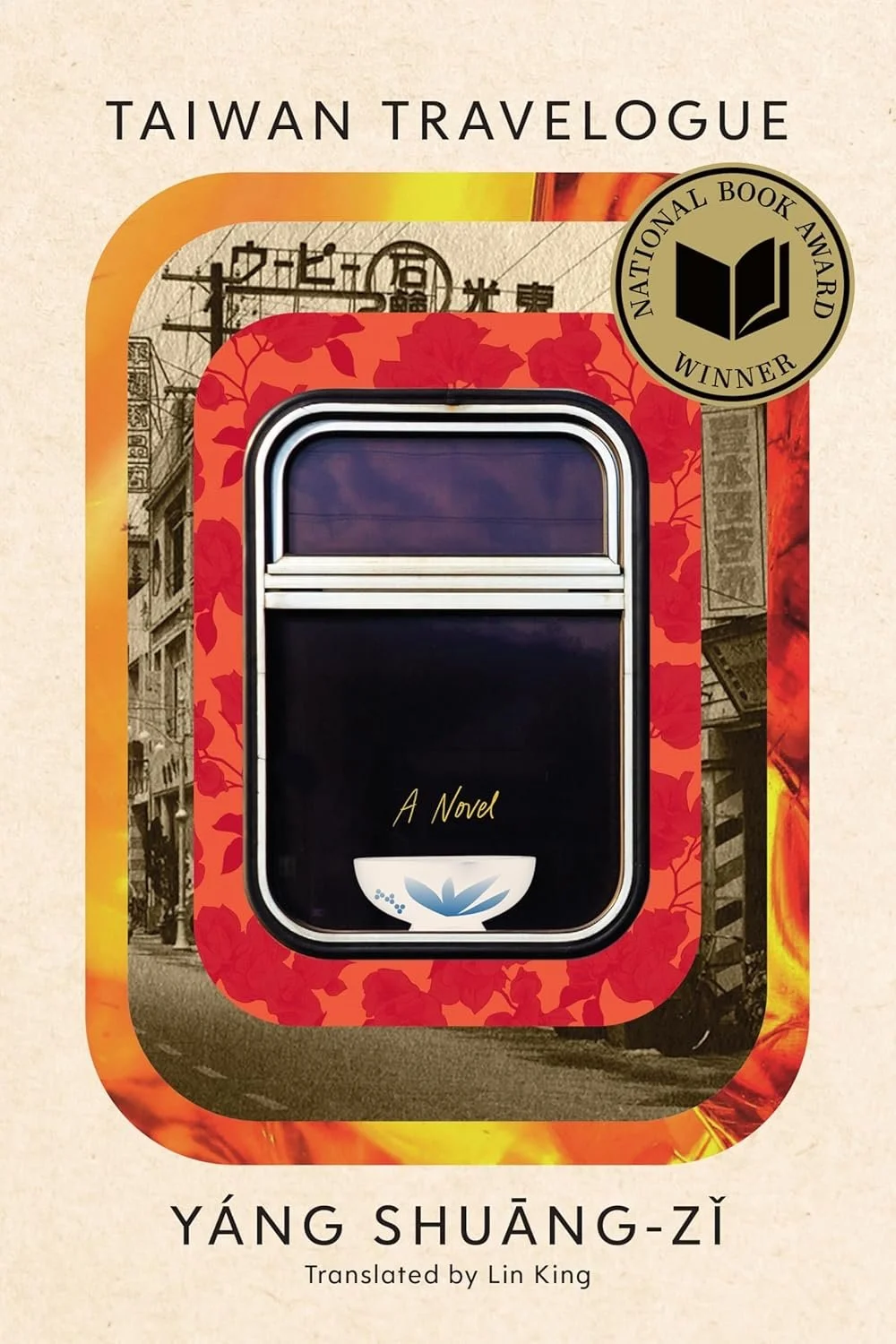
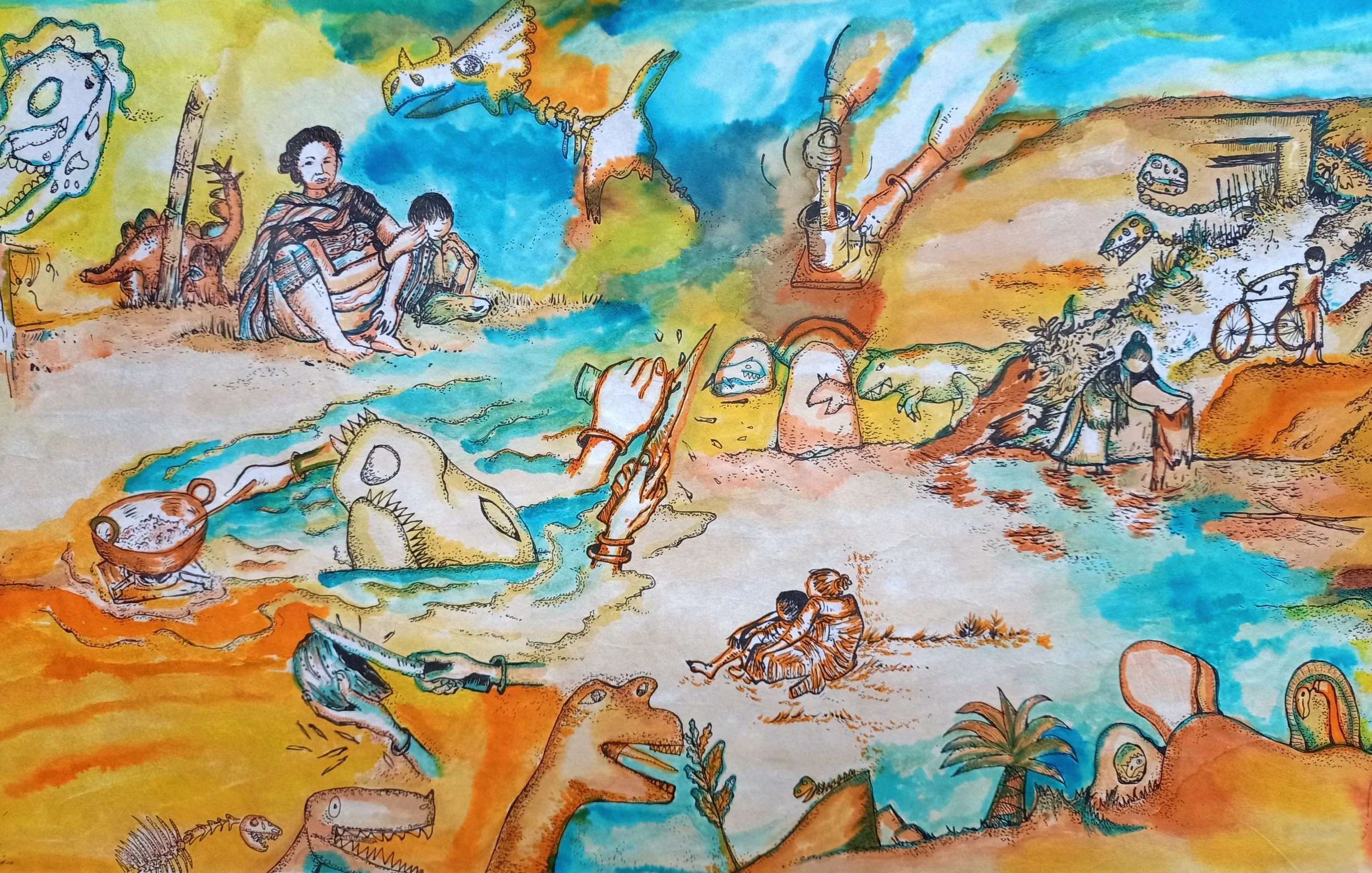


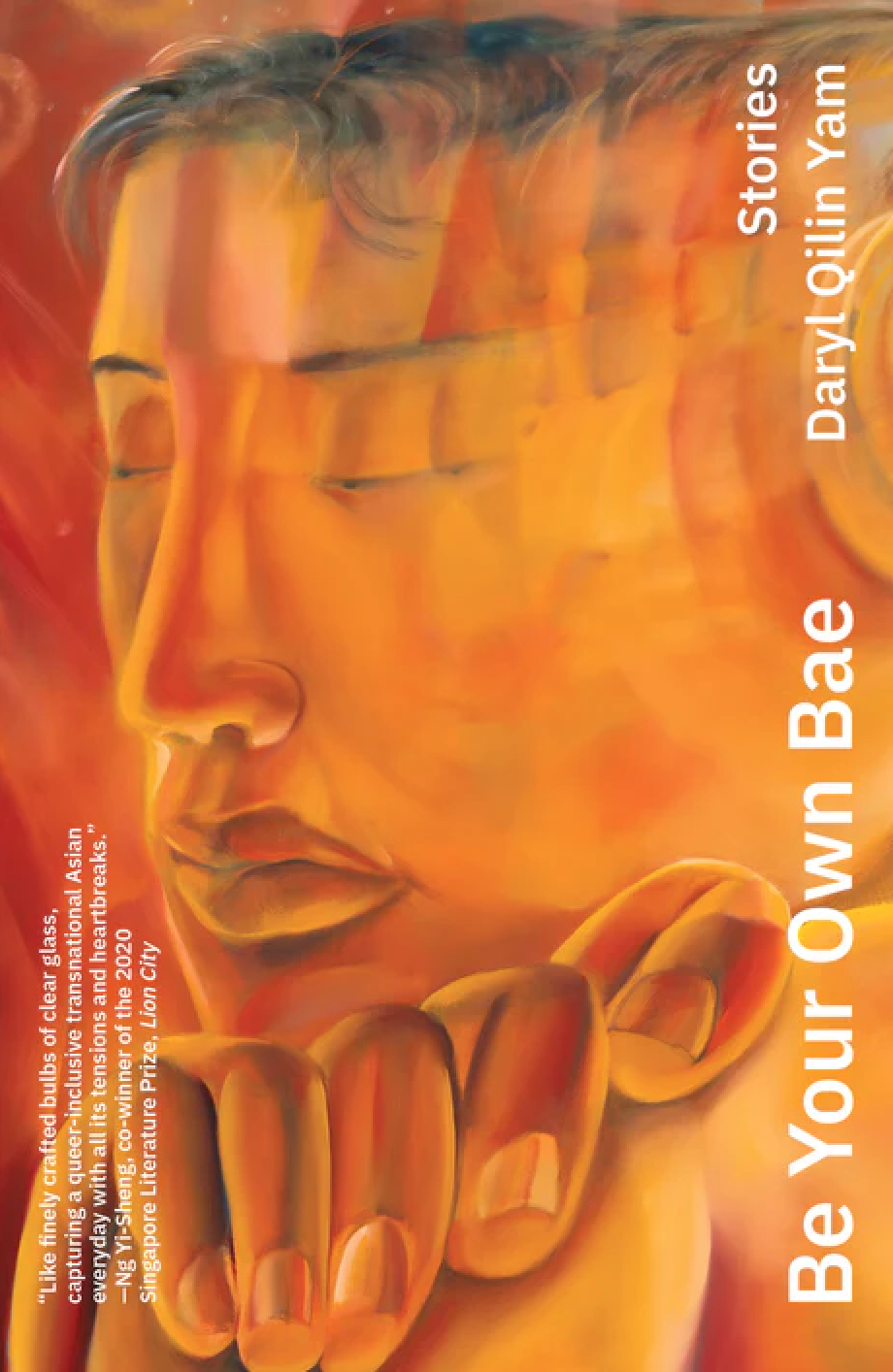
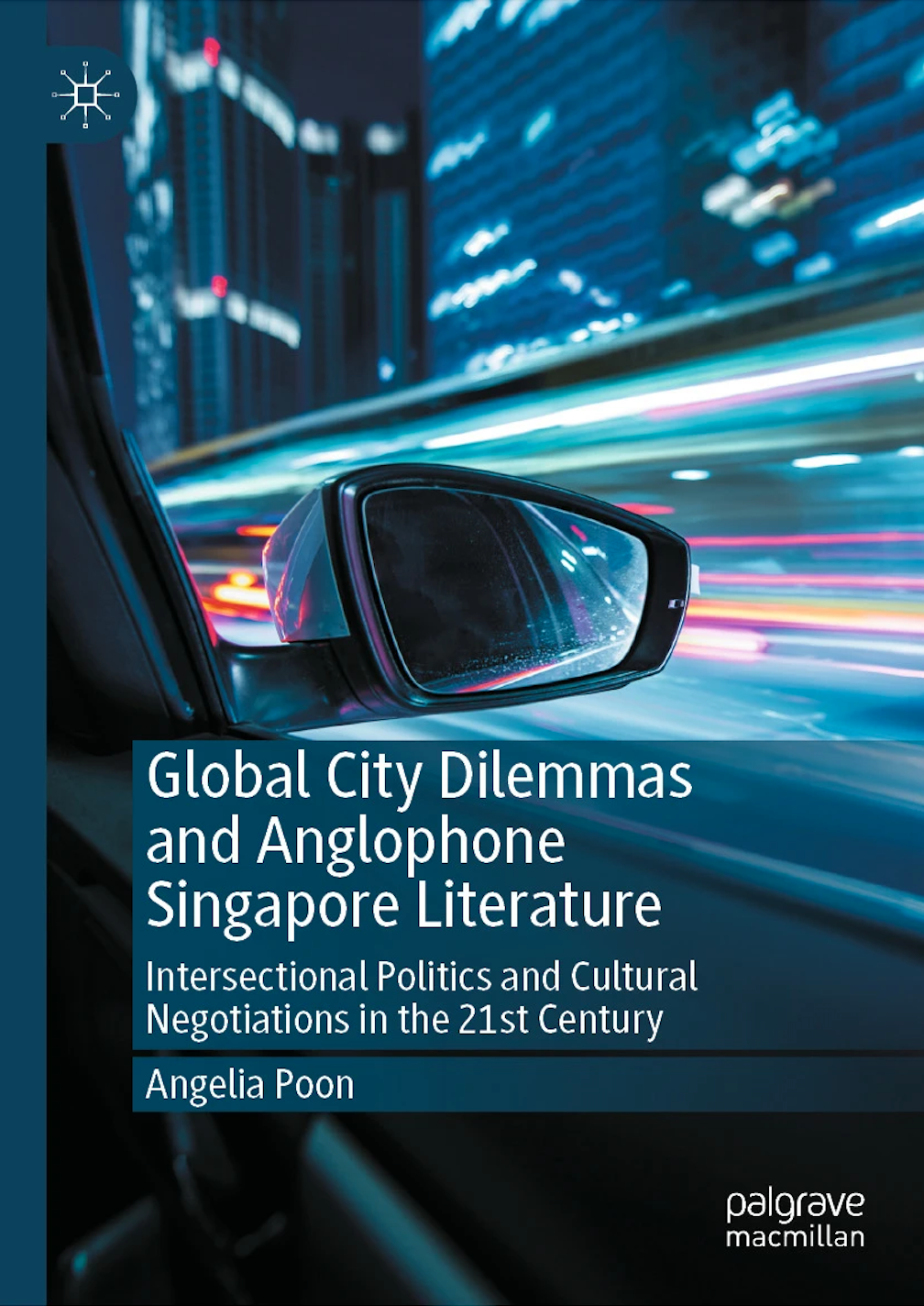
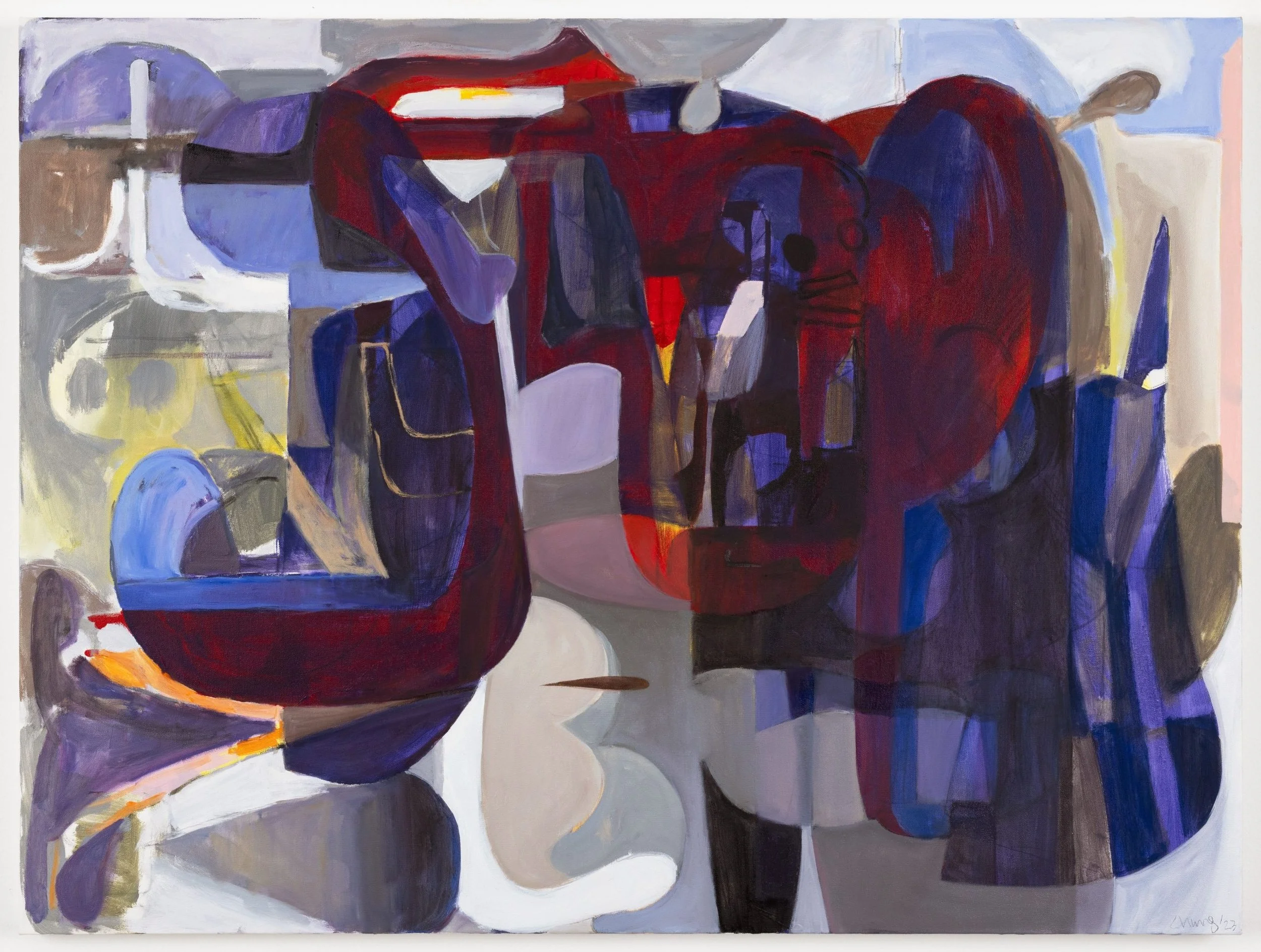


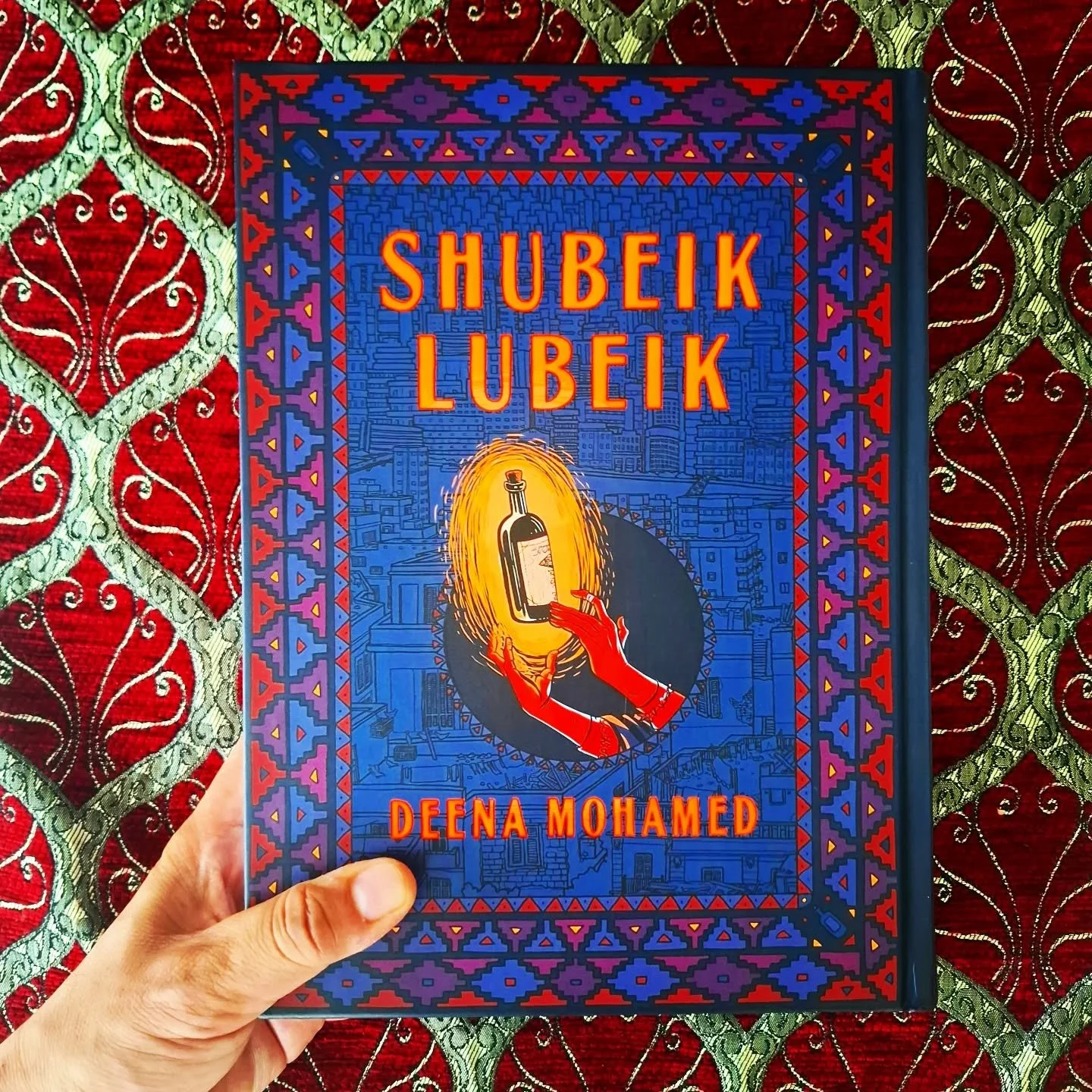




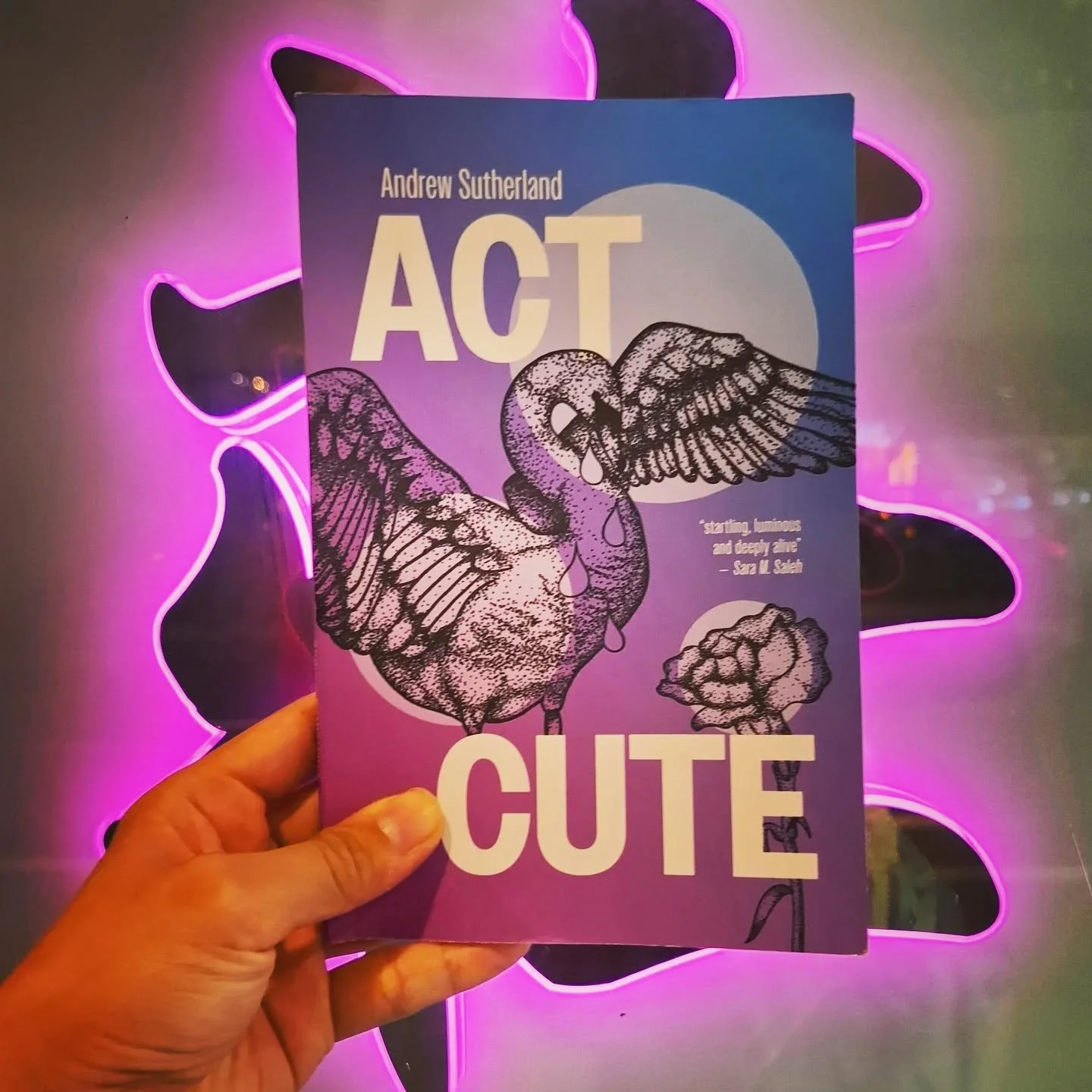
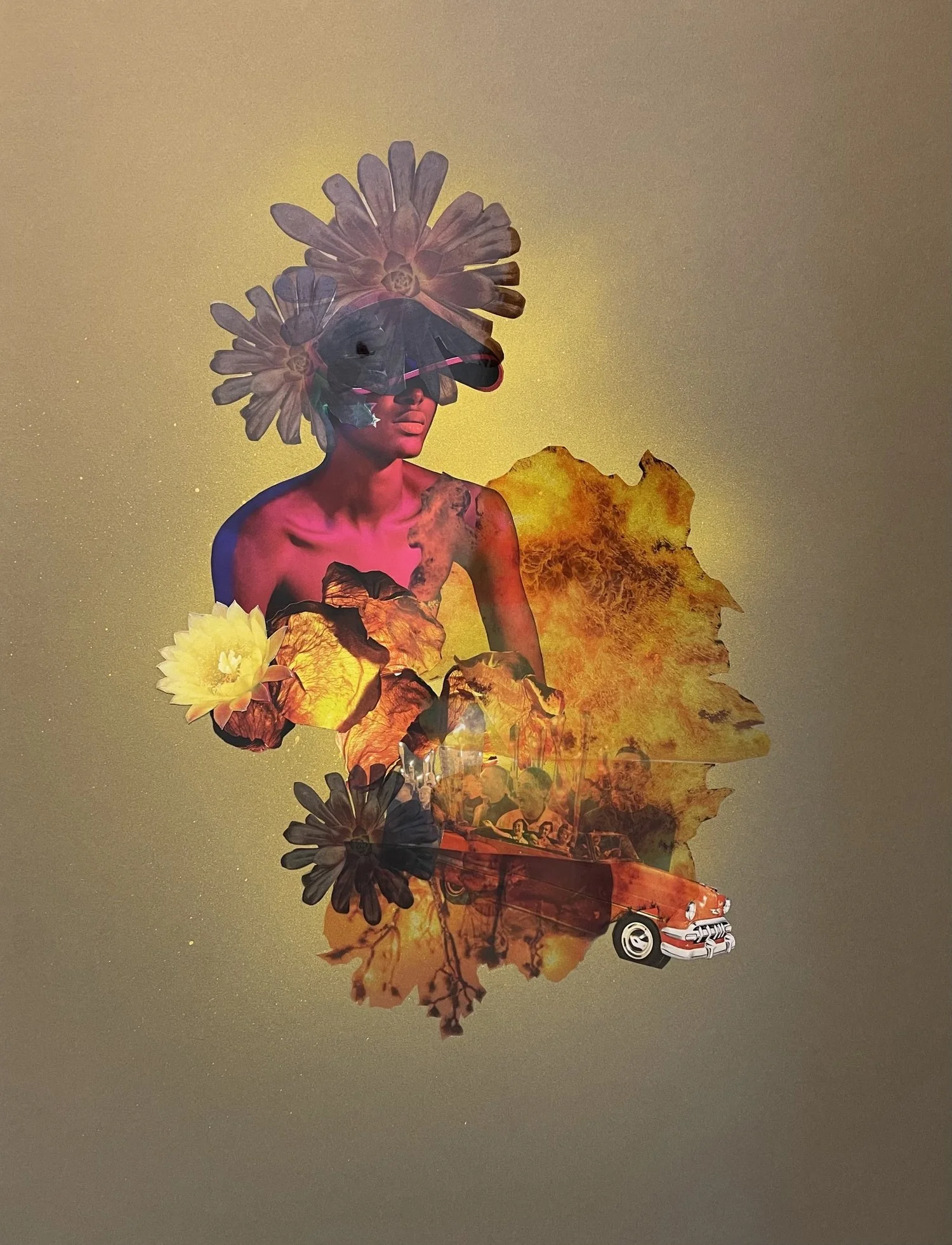

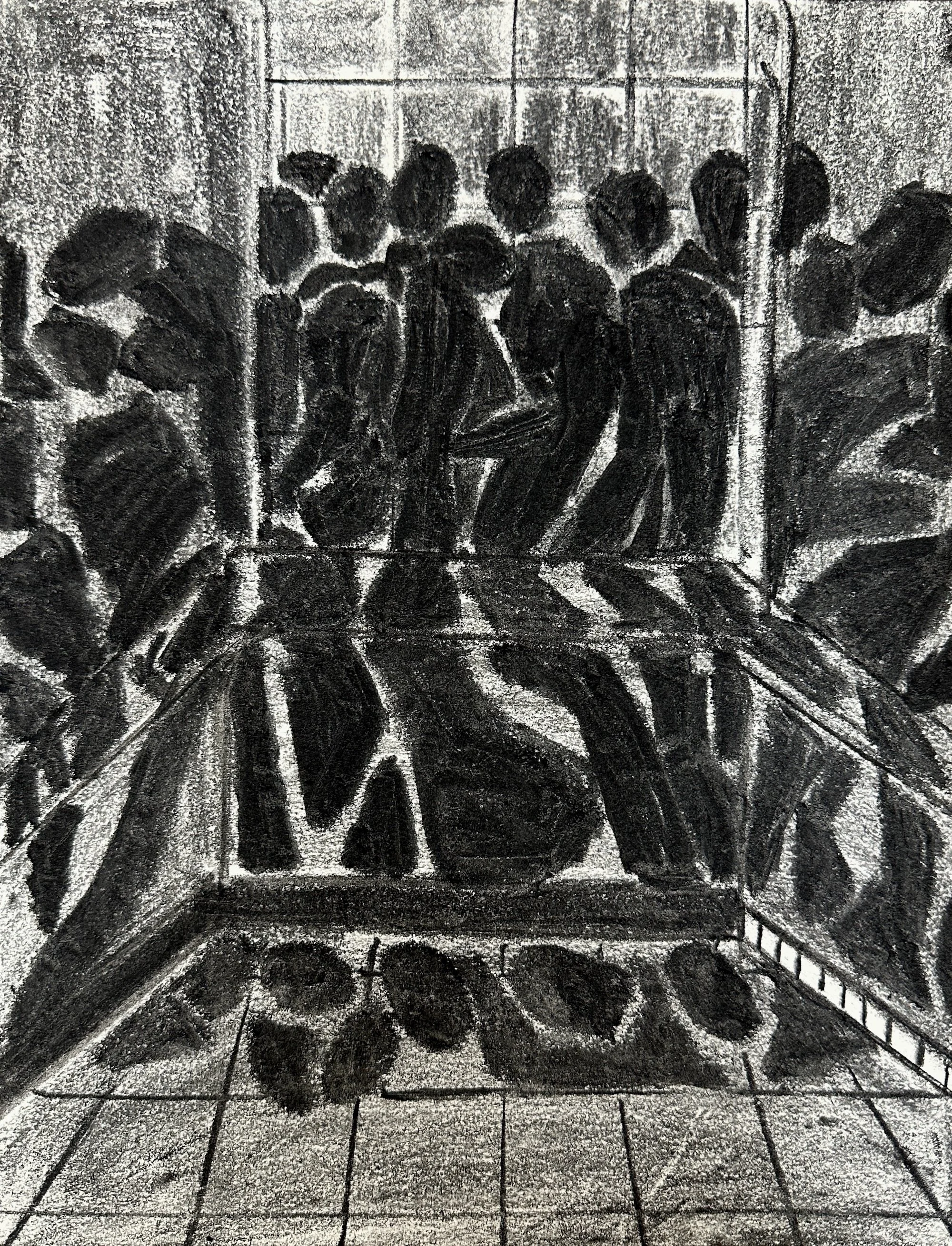
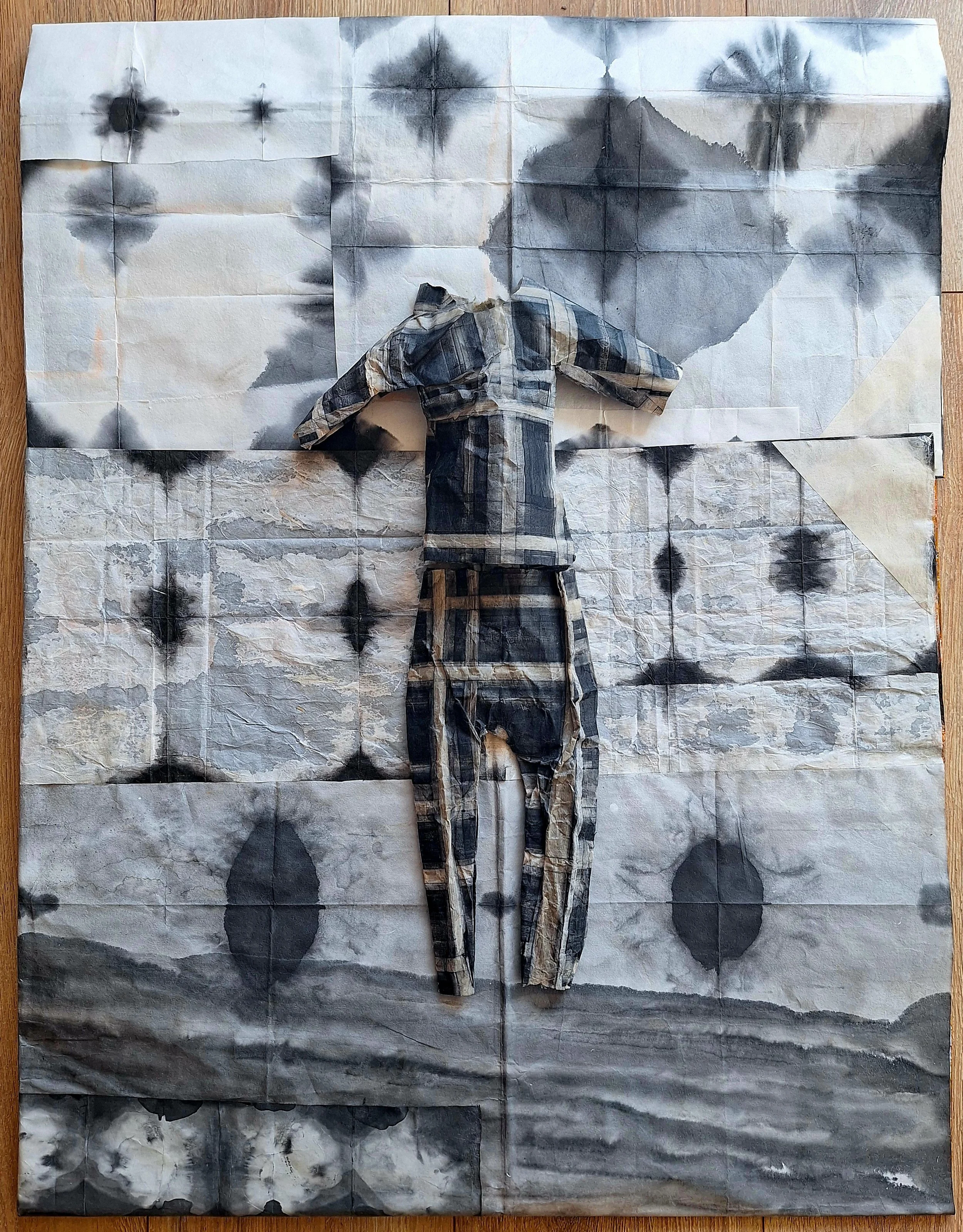


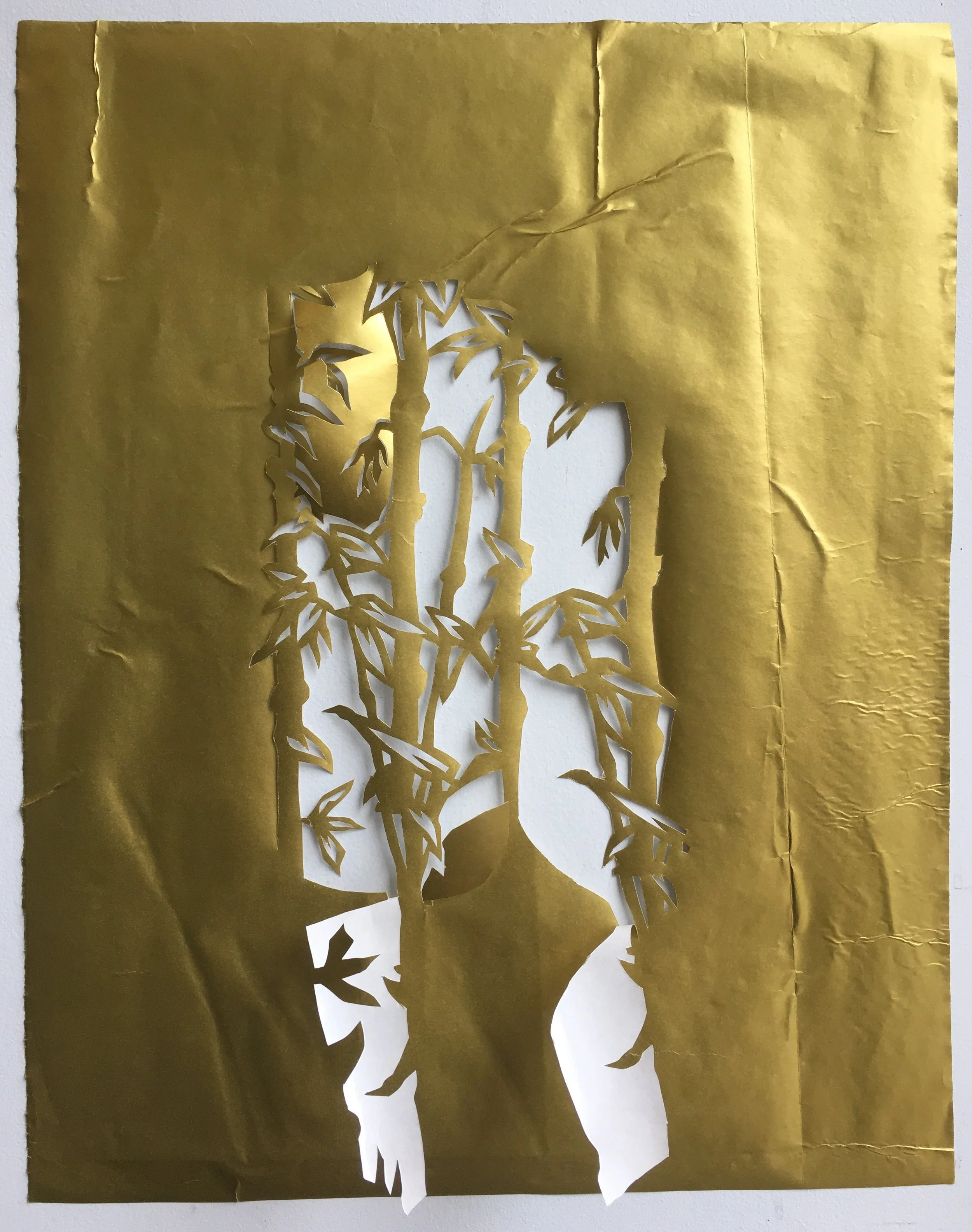



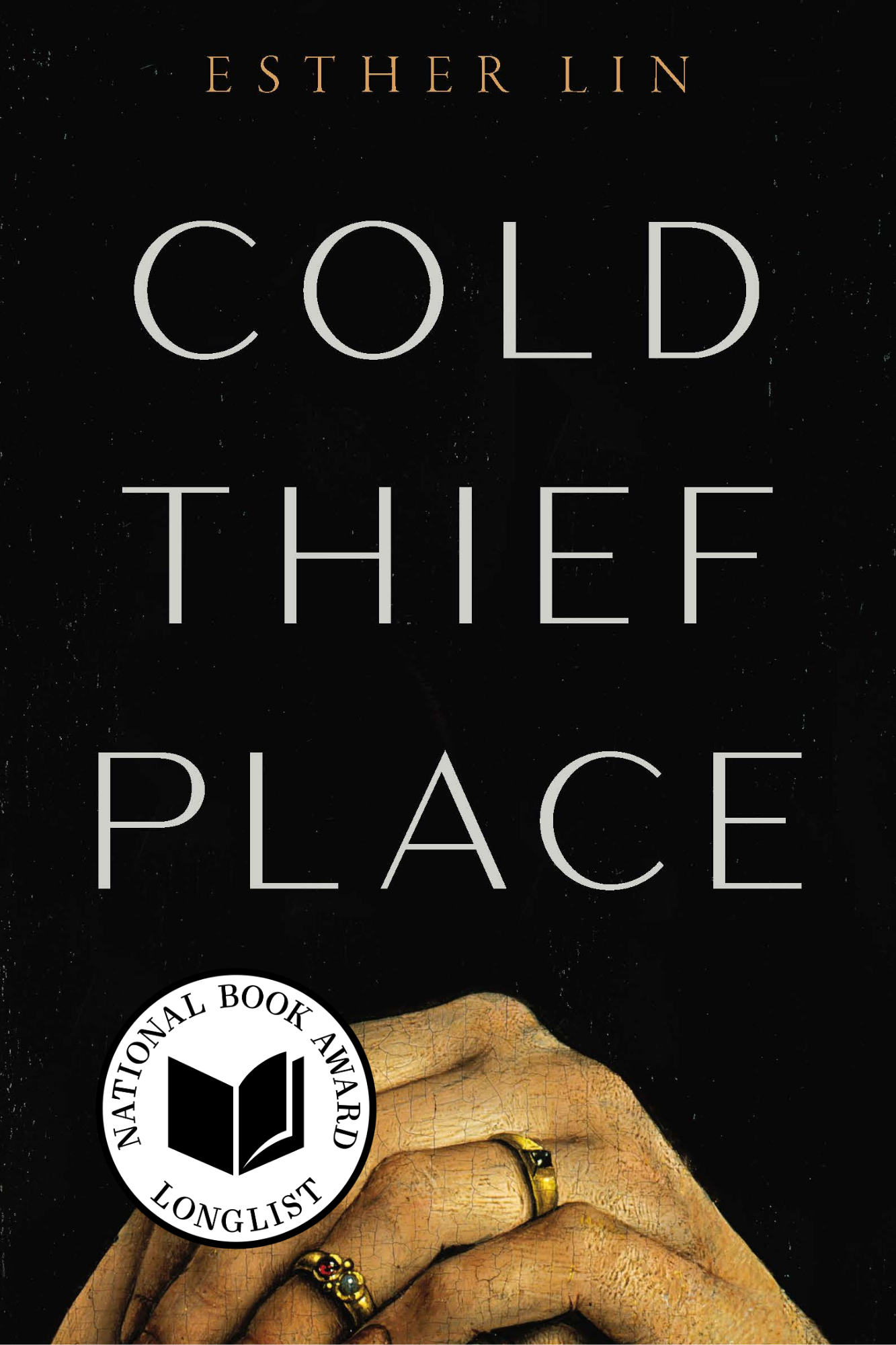
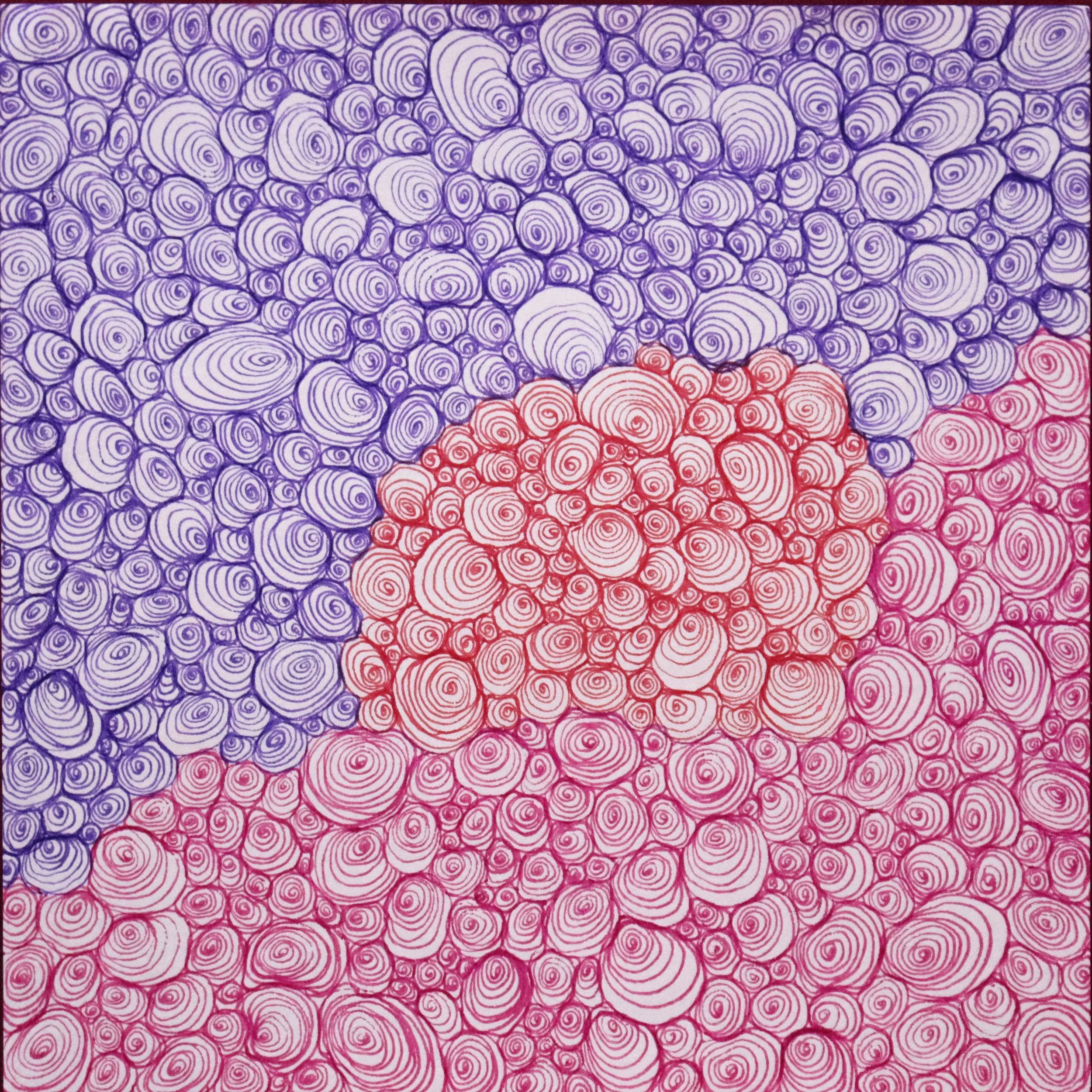

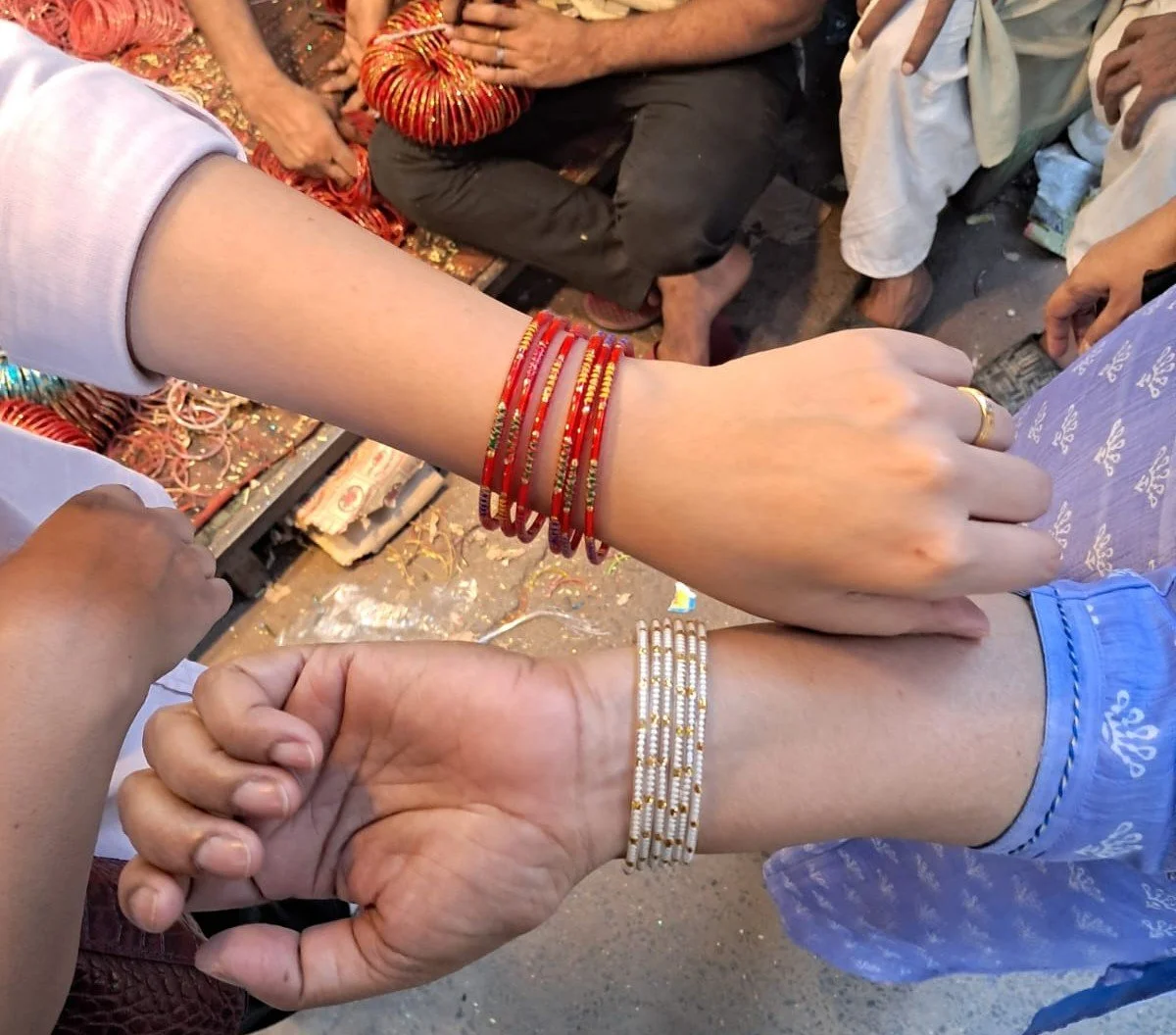
‘Style, tone, and form aren’t just decoration—they’re the architecture of meaning... A plastic chalice cannot hold sacred wine.’ – an essay on meaning-making by Chadawan Yuddhara.